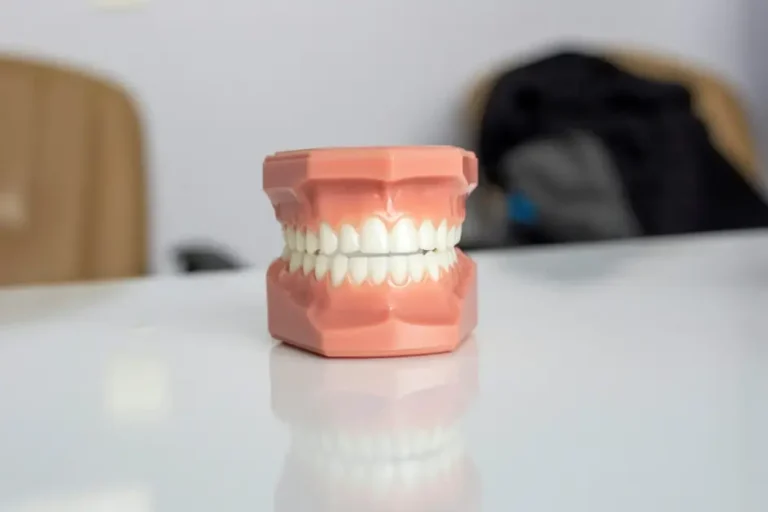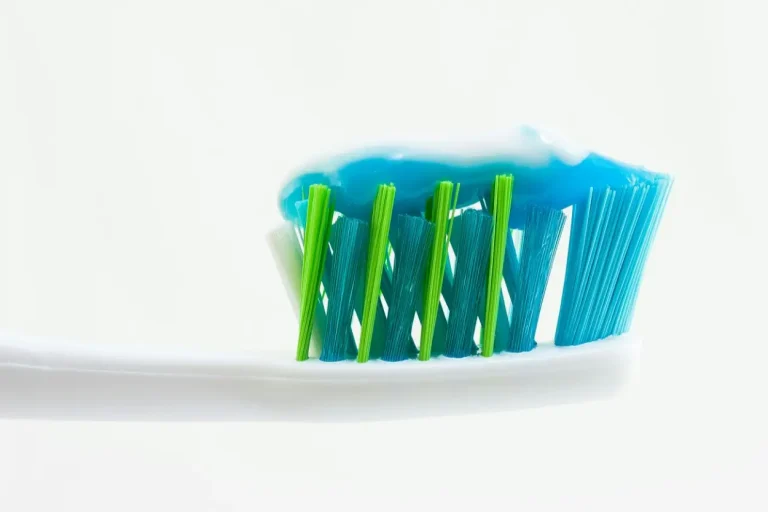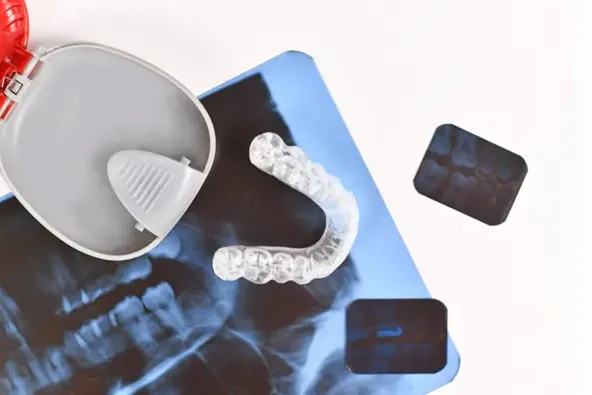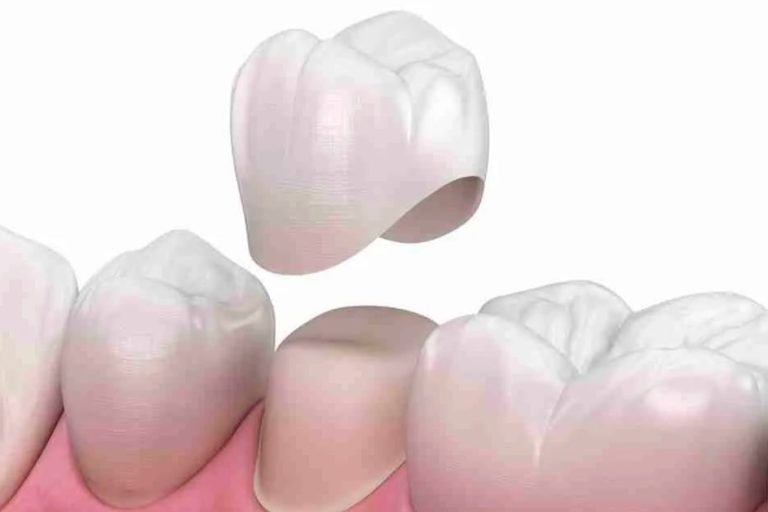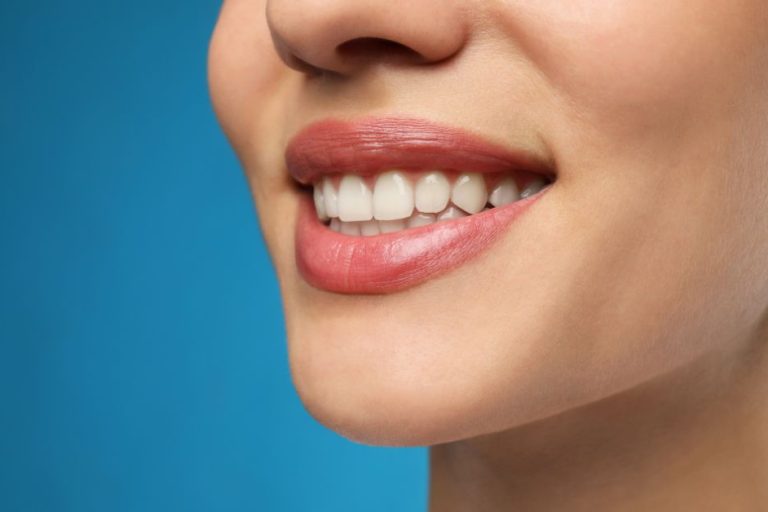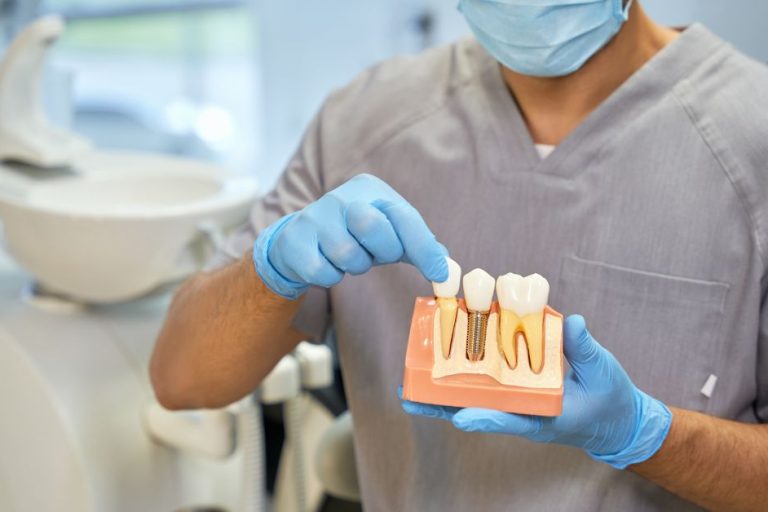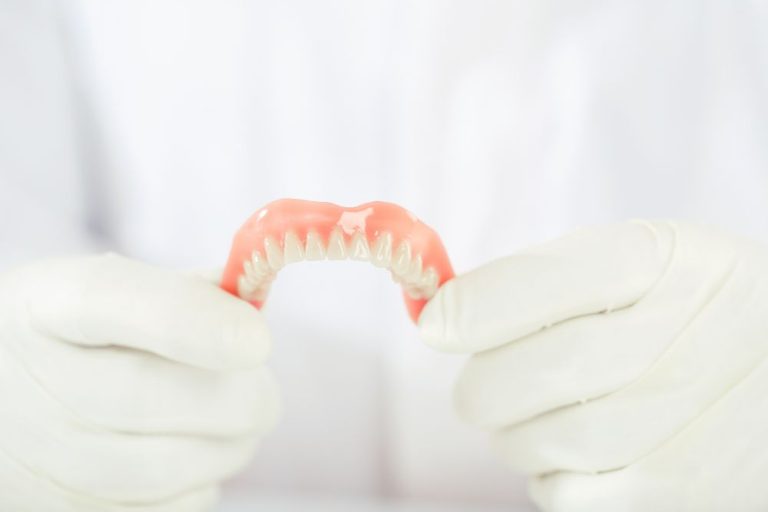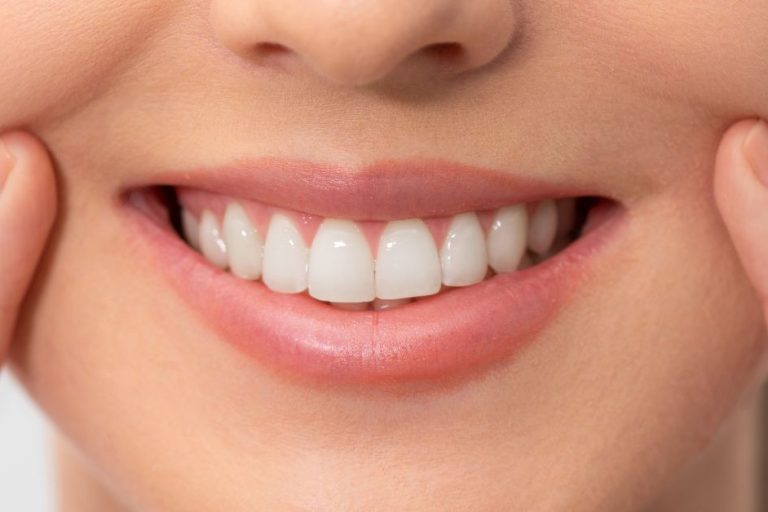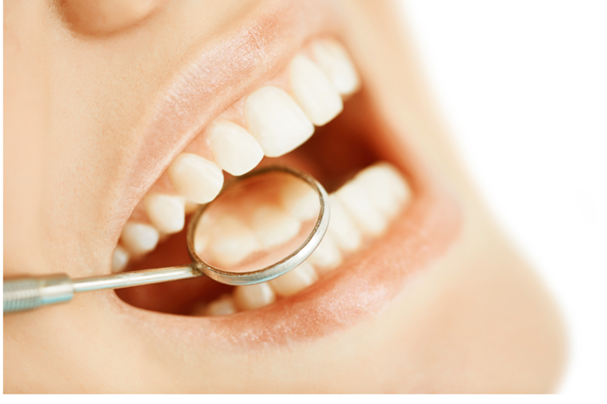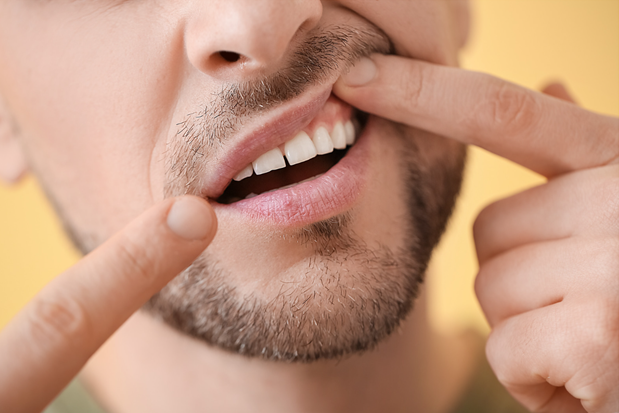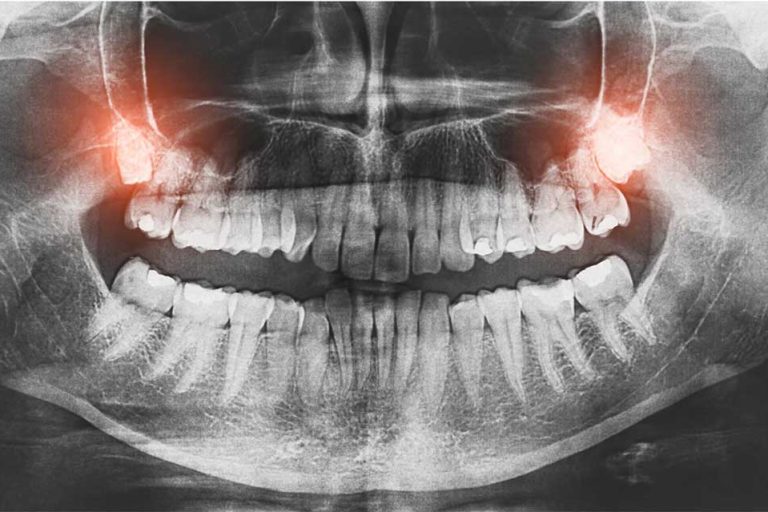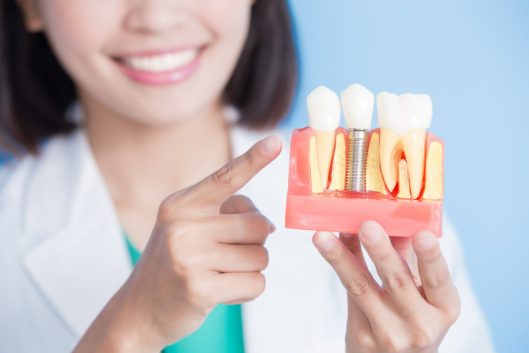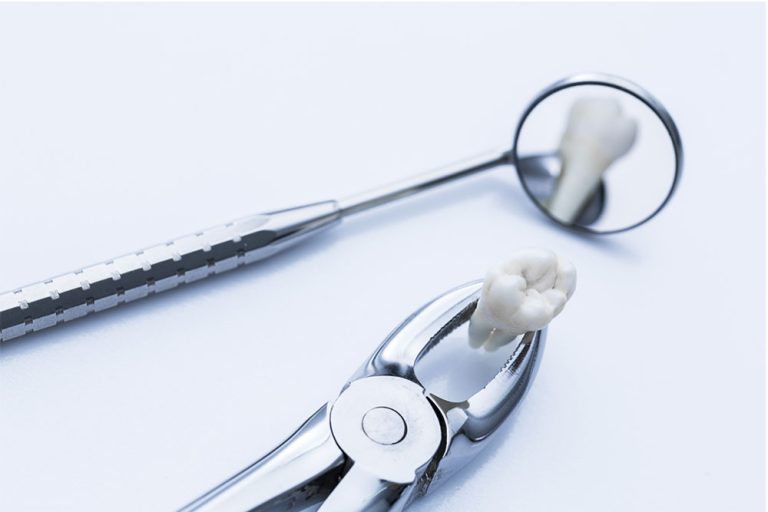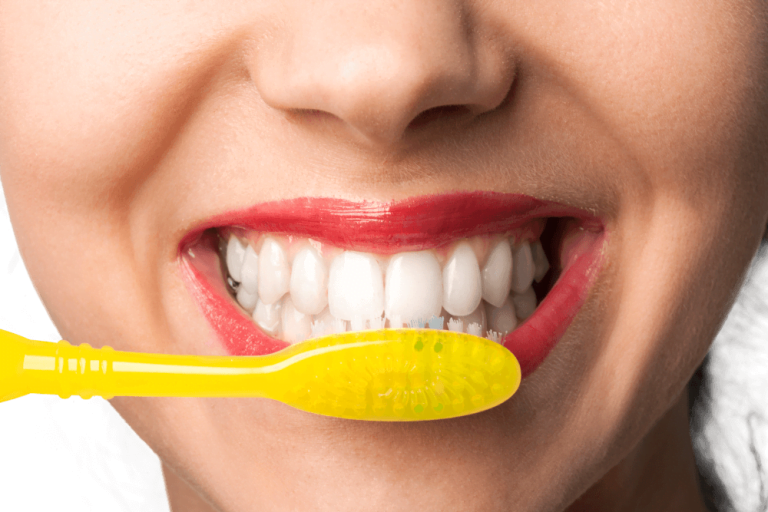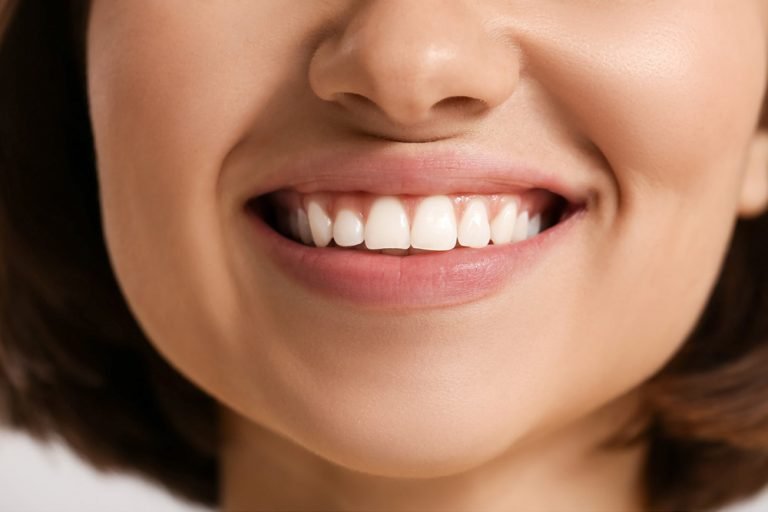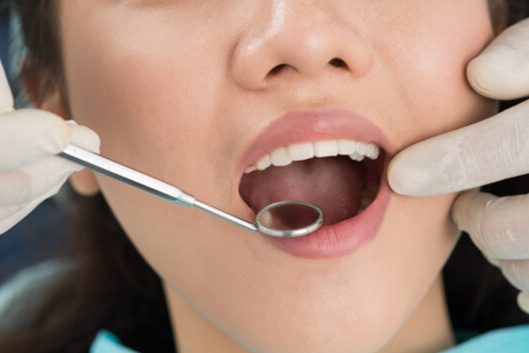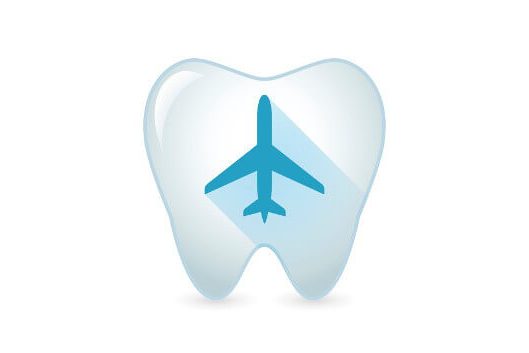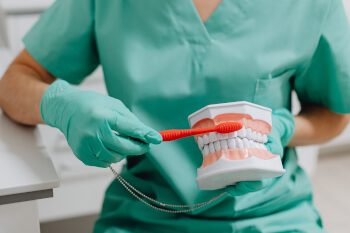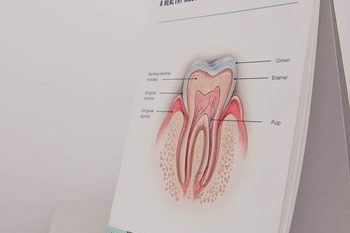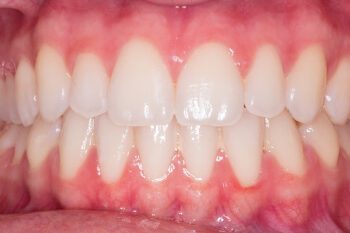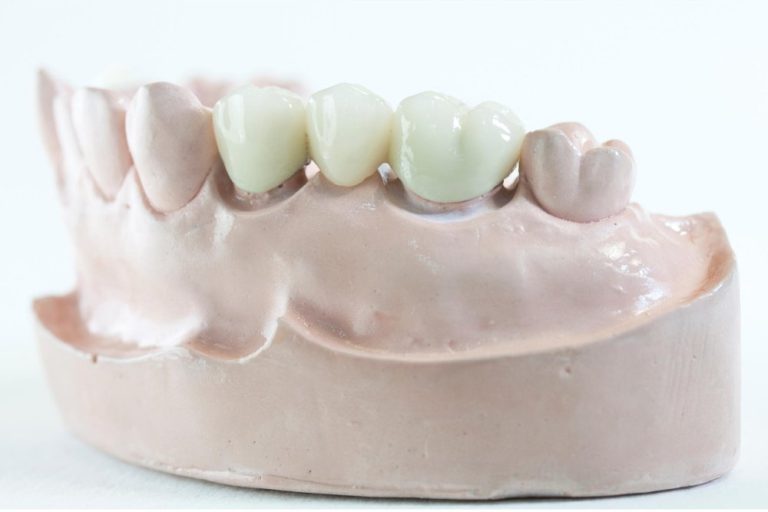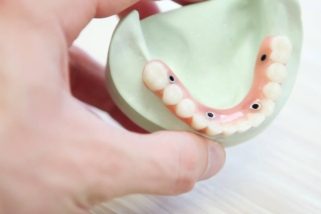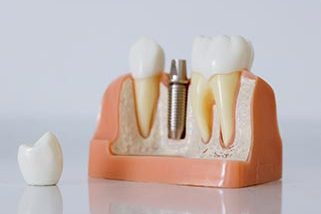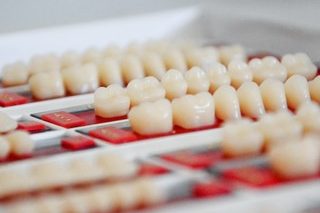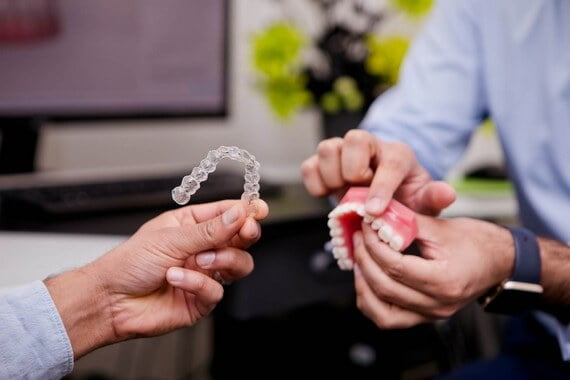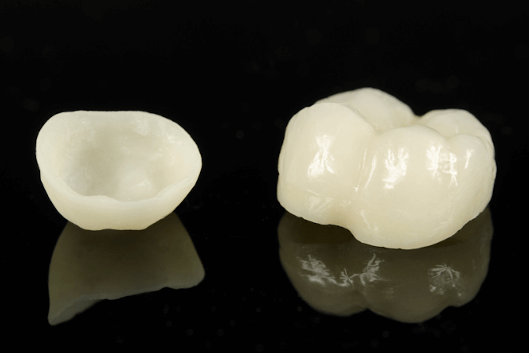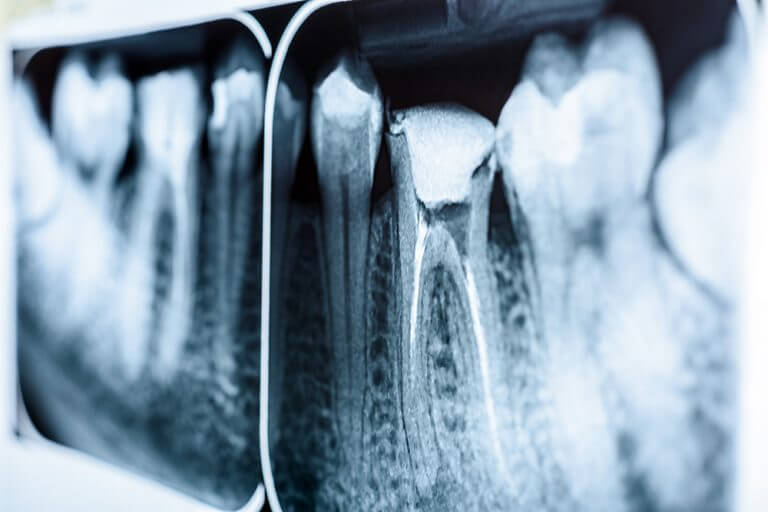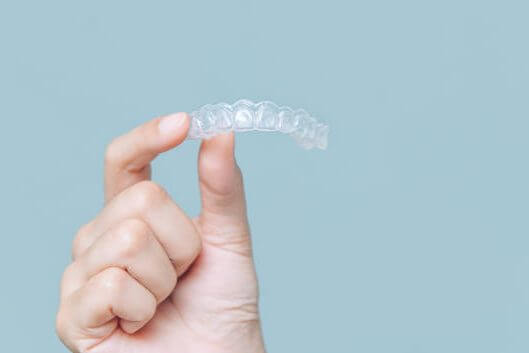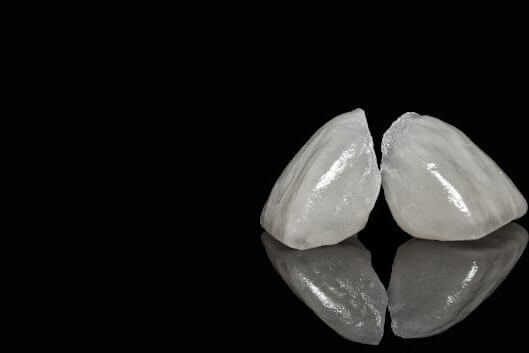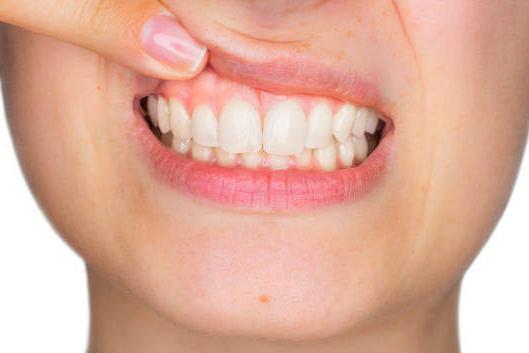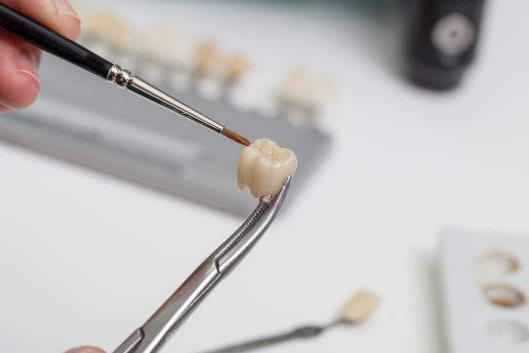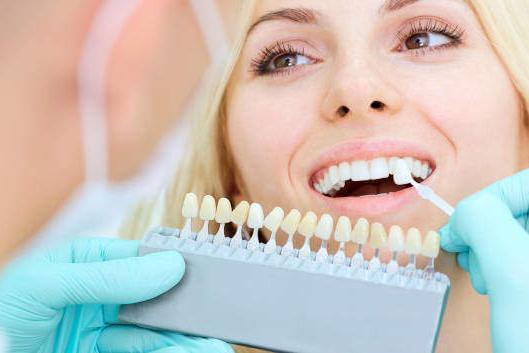Is Chewing Gum Good For Your Teeth

Within this blog we will be covering all the key points to know about whether chewing gum is good for your teeth. This includes the key effects of chewing gum, the health effects of sweeteners and the health effects of chewing gum.
Key Effects of Chewing Gum
Chewing gum can have multiple effects on you, this includes the well-known adverse effects that stem from sugar and artificial sweeteners which are both is likely present in your chewing gum. For example, when you chew gum with sugar you are effectively bathing your mouth in sugar for a significant period of time. In turn this can increase the chances of tooth decay and erosion. Additionally, studies on eating habits do show a correlation between chewing gum and consumption of harmful foods such as sweets and crisps. Not only are these foods harmful for your general health, but they also increase the risk of tooth decay.
Health Effects of Sweeteners
Often people can disregard the ingredients of the gum they chew as they are not going to swallow the physical gum itself, this is especially the case with sugar free gum. However, they are failing to consider the exposure of your teeth/gums to the ingredients in gum and the artificial flavours which are extracted as you chew the gum.
A high amount of sugar free gum utilises the sweetener Aspartame as a sugar substitute. Studies have shown that this particular sweetener can potentially lead to the formation of formaldehyde in the body, which is a well-known carcinogen. In addition to this the sweetener, which when taken with huge amount, could link has been linked to certain side effects which include mood swings, headaches, and dizziness. These issues clearly highlighting the importance of considering what chewing gum you choose very carefully, as sugar free gum can still be potentially harmful. Aspartame is generally considered safe unless you have a rare condition called phenylketonuria (PKU), high levels of aspartame may be toxic for them.
Health Effects of Chewing Gum
Alongside considering the health effects of the sugar and sweeteners within chewing gum, we must also consider the effects of simply chewing the gum itself. Some key health effects have been outlined below.
- Temporomandibular Joint Disorders: The temporomandibular joint is the location at which the jawbone joins with the skull. A disorder of this joint can occur due to fatigue or imbalance of the muscles which control this joint. While occasionally chewing gum is unlikely to cause such disorders, it is possible that those with a regular gum chewing habit can be at risk. Additionally, if you chew your gum in a forceful or lopsided manner then this can also increase the risk of developing a temporomandibular joint disorder.
- Headaches: It is possible that those chewing gum can experience headaches due to either excessive or intense gum chewing. This often occurs when an individual is under a lot of stress and this tends to make people chew in a harder and faster fashion, which fatigues the jaw muscles significantly. An example of this could be students in a stressful exam or an individual in an important meeting, who will likely chew in a problematic fashion due to stress.
Call 020 3925 3846 or fill in our form to enquire about your consultation.

